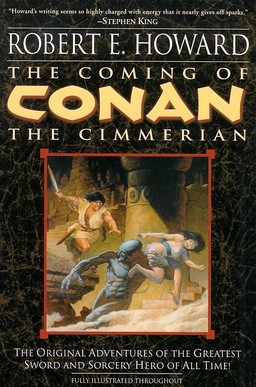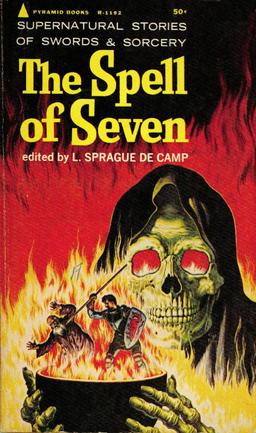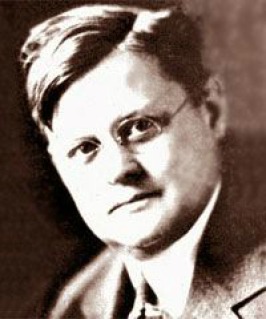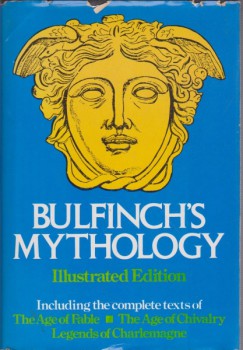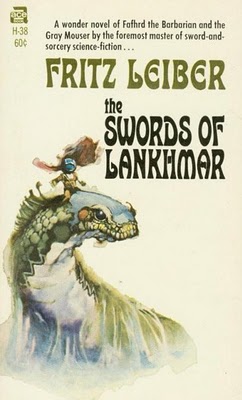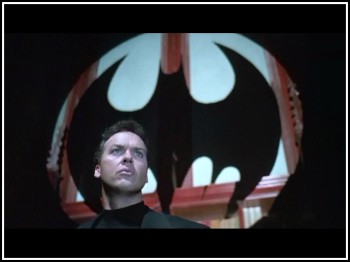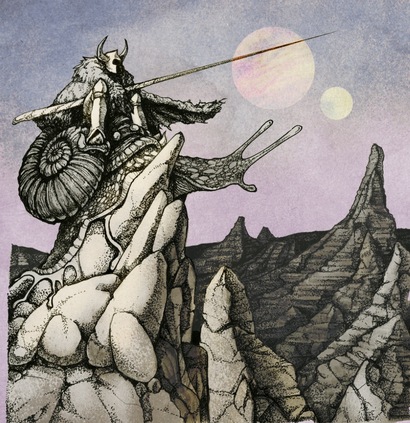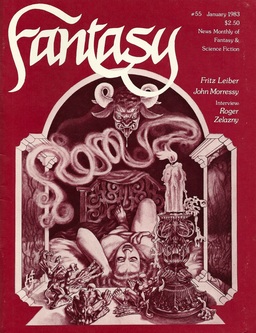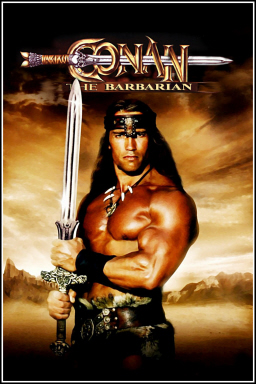King Conan Gets a Movie Poster
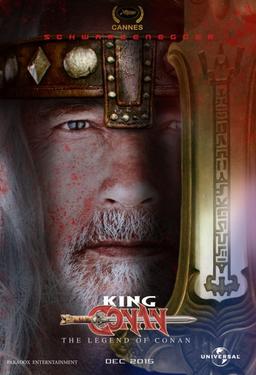 So here’s a fun thing. The King Conan movie poster at right, featuring Arnold Schwarzenegger as everyone’s favorite barbarian monarch, was spotted at the Cannes Film Festival this weekend, and is now making the rounds on the Internet.
So here’s a fun thing. The King Conan movie poster at right, featuring Arnold Schwarzenegger as everyone’s favorite barbarian monarch, was spotted at the Cannes Film Festival this weekend, and is now making the rounds on the Internet.
Before you get too excited, the existence of the poster does not actually imply the existence of a movie… or even a soon-to-be-movie. Apparently, this is a thing at Cannes: using promotional posters to generate excitement among possible investors.
Still, it warms my heart. And it sent me on a hunt for the latest news of the next Conan film, which everyone seems certain will be announced Real Soon Now. Last summer, producer Fredrick Malmberg provided some details on the plot, clarifying that “this takes place AFTER Conan has been king… if we do this right, we can do two more Conan movies right after.” Andrea Berloff took over script duties from Chris Morgan last October.
Schwarzenegger has expressed clear interest and has been tied to the film since word first leaked. In an interview last year, he shared his thoughts on the project:
The important thing with Conan is to make it into an A-movie, to treat it like a 300, or any of those great movies, rather than a B-action movie… The audience today, and the fans, are very sophisticated… They’ve seen it all. They demand something — when they see a Conan movie — that isn’t just a spectacle.
Opinion is divided on whether the final version will be called King Conan or The Legend of Conan. Whatever the case, we’ll keep you posted as things develop.
